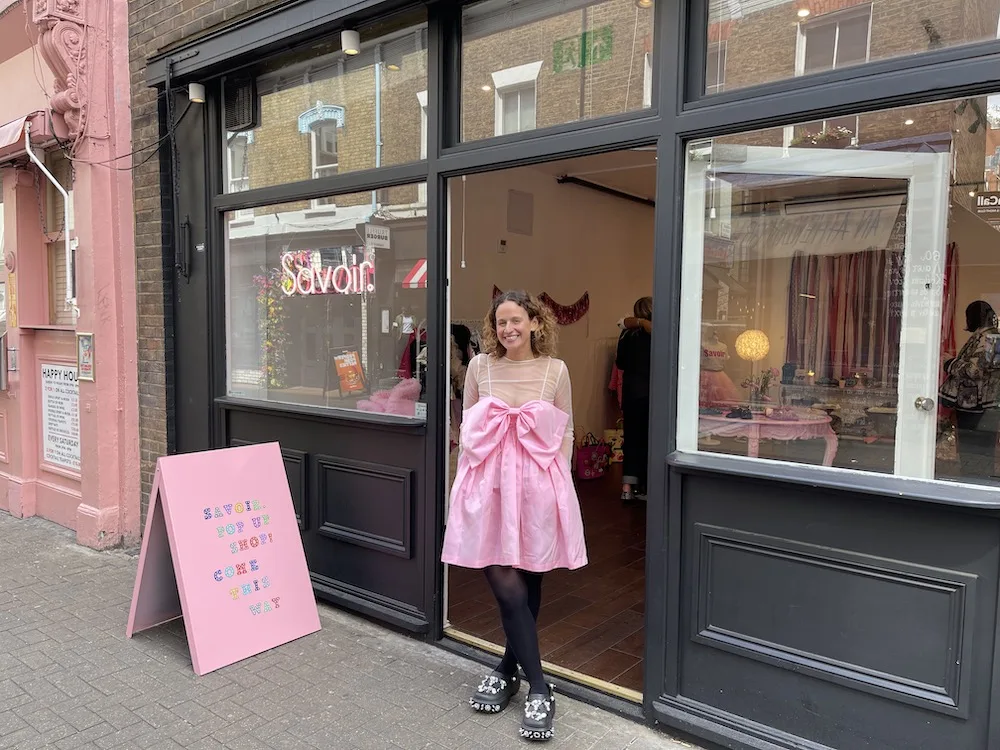Carolanne joined UBS in February 2016 as the Global Head of Diversity & Inclusion. Prior
to joining UBS she spent 29 years at Citi and has an extensive background in senior HR leadership positions including Leadership Development, Employee Engagement, Talent Management and Employee Relations.
Female representation on FTSE 100 Boards now stands at over 26% and has more than doubled since 2011 thanks largely to the leadership of Sir Mervyn Davies and the impressive academic team from Cranfield led by Dr Sue Vinnicombe. Together they worked for 5 years on the Women on Boards Initiative, at the Government’s request. This is a fantastic achievement and we should celebrate but the battle is not over.
If the Women on Boards agenda was a fight – a new battle line has been drawn at the senior executive leadership level. Nearly 100 years after the Suffragette movement secured the vote for women, we are still woefully under-represented in senior leadership positions across multiple sectors and industries. If you look below Board level there is a very different story shaping the Executive ranks of British business. Professor Ruth Sealy, from the University of Exeter Business School, and co-author of the Women on Boards report, said: “For change to be sustainable, we must focus on the pipeline and ensure that women can progress through senior management ranks. Only 19.4% of FTSE 100 Executive Committee members are women, and women hold only 10% of C-suite and operational roles on these committees.”
Tired of waiting for the change to happen? Wondering why this isn’t all sorted already? I think there are a number of critical success factors that led to the progress at Board level that can be leveraged by companies large and small to drive change. There are also some key skills that women can develop that will help position them as the Executive and C-Suite leaders of the future.
For organisations serious about creating change, it starts with laying some critical foundations for success – like any successful business objective you need 3 simple things in place:
• Set an aspirational goal: So many senior leaders tell me that they wish their gender stats were better – but so few are willing to set a tangible goal. It’s as if they close their eyes, cross their fingers, pray to the ‘Diversity Fairy’ and hope for a better tomorrow – no other business goal would be managed like that. Do the maths -figure out what is realistic for your own organisation and set a slightly tougher aspirational goal with a timeframe.
• Management Accountability: CEO commitment is non-negotiable but it has to cascade down from the Executive Committee throughout the leadership of the firm. Organisations know how to do this – and hold their leaders accountable for revenue, costs, regulatory responsibility – making progress on gender representation has to have the same weight in order to get leaders to pay attention to it, otherwise leaders will just pay lip service to it, everyone will agree it’s important but very few will actually change their behaviour and leadership decisions which is the only way change will happen. Doing the same thing over and over and expecting a different outcome is one definition of insanity.
• Metrics: what gets measured gets managed. Leaders who are held accountable need frequent data on how they are doing and how their part of the business is performing relative to others. Gender split by job rank or level, supported with metrics on hiring, attrition and promotion can provide laser-focus on what part of the eco-system needs attention.
Once the foundations are in place, it’s all about execution. If the objective is to have more women in senior leadership roles, there are only 3 things companies need to focus on: Hiring, Retention and Promotion. These 3 variables need to be in balance, there is little achieved by an aggressive hiring policy if the culture is so poor that there is a revolving door of talented women (and men) who leave because of poor life balance and career opportunities.
Leaders need practical solutions and actions they can take that will have a direct impact on increasing female representation. For instance, if you want to hire more women, interview more women, focus
on the input measure which in this case would be to make every effort to have at least one qualified woman on the short-list for every senior job. This one decision leads to a shift in practice of both hiring Managers and Recruiters who, simply put, make additional efforts to source and find qualified women who they might otherwise over-look.
Leaders need practical solutions and actions they can take that will have a direct impact on increasing female representation
I am a huge believer in ‘fixing the system and not the women’. I have seen too many corporate programmes offering women’s development sessions on ‘gaining gravitas’, or ‘navigating corporate politics’ to men- tion just a couple. My rule of thumb is that the women are just fine, what we need is a fair system in order to compete. That said, after nearly two decades working with executive women through Coaching and Leadership Development, there are 6 clear actions that successful women take that I believe are differentiators:
• Articulate your career ambition: so many women just get keep their heads down and get on with doing a good job believing that their good work will be noticed, or that if their boss thought they were a the right candidate for a new role they would get a tap on the shoulder. Explore the ‘what next’ conversation with seniors; they need to know what you are thinking about in order to help you and in it will also help them with their own succession planning decisions.
• Be good at tough conversations: so many managers either avoid them com- pletely or do them badly. Learning how to give people tough feedback messages and make strong decisions but in a way that keeps people together is a rare skill and people who do this well are highly effective. If you have a difficult message to deliver, practice it with a friend or peer and get feedback on how your message is being received; this is a skill that can be developed.
• Navigate the jump from specialist to generalist: eventually in your leadership career you will be asked to lead a broader function. It’s probably the most important jump a person makes in their career, and it’s often a derailing point for women who build reputations on being expert specialists. Managing a group of people who have different specialist backgrounds to yours, requires a coaching style of leadership and a comfort with not knowing the technical detail but trusting and leading your people strategically.
• Feedback: nobody gets enough of it but particularly women tend not to get the developmental/change feedback they need. Make sure your boss and others give you balanced feedback, so not just the positives but also what areas you could still work on and then demonstrate that you act on that feedback – it will encourage more. Getting developmental feedback is not a sign of weakness but strength and ambition.
• Find a Sponsor: Sylvia Hewlitt in her Sponsorship Effect research found that compared to men, fewer women have sponsors and yet having a sponsor has clear benefits in terms of career traction, access to high profile assignments and even pay.
A senior sponsor can raise your profile both inside and outside the organisation; critically they are in the conversations that you aren’t, and can provide invaluable insight and even air-cover that will help your career journey.
• Tenacity: the ability to bounce back after a disappointment, the cast iron belief in your own project and the leadership backbone to navigate it through corporate politics and choppy waters. Sometimes leadership can be lonely, but you need to stick to your convictions.
We are making progress, but it’s slow. Since Lord Davies concluded his review, the percentage of women on boards has continued to grow but the pace seems to have slowed down. The focus on the Executive Pipeline is still in the early stages of demonstrating impact. We need continued effort, and I don’t think this topic is going to go away any time soon.
I don’t want to wait another generation for my daughters to have a better experience of professional life. I want the women I work with now to have that experience, to quote the Suffragette Movement ‘Deeds not Words’ are what we need.

















Show Comments +